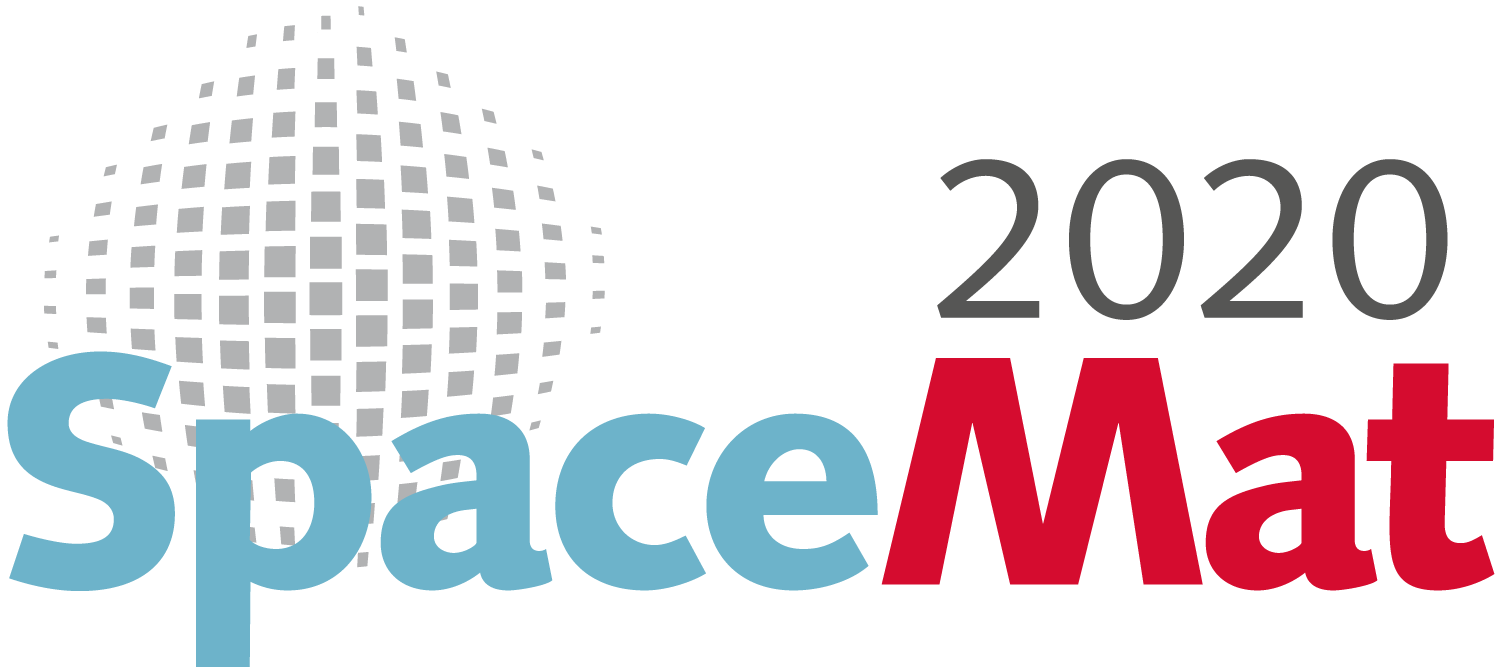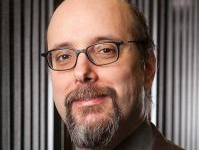There is order within disorder: approaching phase boundaries in high-entropy systems
Critical understanding of large amount of data leads to new descriptors for discovering entropic materials. The formalism uses the ensembled spectrum of sampled states near stability [Chem. Mater. 28, 6484 (2016)] to discover precursors capable of stabilizing high-entropy phases. The methodology - applied to disordered transition-metal oxides [Nat. Comms 6, 8485 (2015)] and refractory 5-metal carbides [Nat. Comms 9, 4980 (2018)] – uncovers scientific surprises [Nat. Rev. Mater. 5, 295 (2020)].
Dr. Curtarolo research interests lie at the intersection of materials science, artificial intelligence and autonomous discovery of new materials. After studying Electrical Engineering and Physics in Padova, Italy, SC received his MS in Physics from Penn State University in 1999, and a PhD in Materials Science from MIT in 2003. Since then, he has been on the faculty of Materials Science at Duke University (Physics, Chemistry and Electrical Engineering included). During his time at Duke, SC received the DOD-ONR-Young-Investigator (2007), the NSF-Career (2007), the Presidential PECASE Awards (2008), the International Union of Pure & Applied Physics - Young Scientist Prize in Computational Physics (2011), the Stansell Research Award (2013), Fellowship by APS (2013) and the 2013 MURI Award for strategies in rare-materials replacement. SC was promoted to Associate and Full Professor in 2008, and 2012, respectively. In 2015 SC received the “Friedrich Wilhelm Bessel Research Award” from the Alexander von Humboldt Foundation. SC has more than 160+ refereed publications, 200+ invited departmental seminars and talks in national and international conferences, and ~12000 scientific citations. At Duke University, the SC's group started and maintains the quantum-cloud aflow.org consortium containing materials information and tools for more than 4.000,000+ compounds. His teams focus on developing autonomous daemons for materials discovery as well as tackle problems of synthesizability and manufacturability of amorphous/disordered systems


